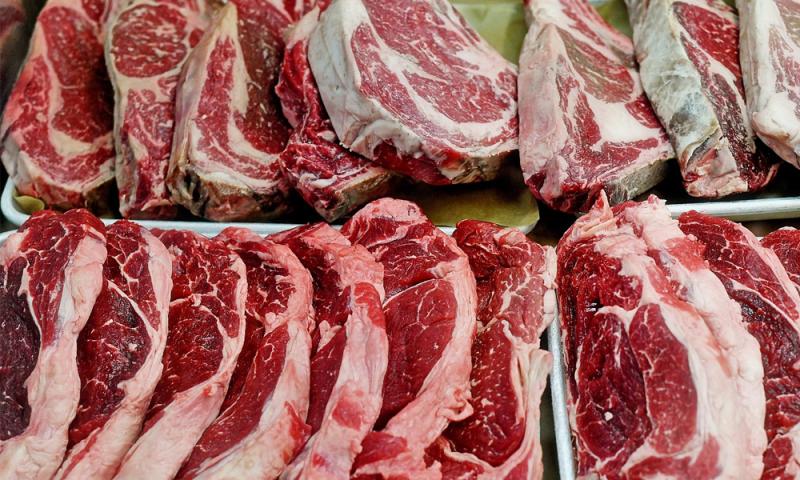COMMENT | Halal meat scandal: Blockchain technology to the rescue?
COMMENT | The damning expose of the domestic halal meat industry revolving around systemic and institutional corruption by a cartel comprising foreign exporters with the alleged connivance of four government agencies is a provocative reminder how entrenched such a culture is in Malaysia.
What’s truly shocking is that the corruption not only involves routine or your typical bureaucratic procedures but the Islamic core injunction of halal food, particularly with regards to the prescribed ritual slaughter of meat for consumption by Muslims according to the fundamental tenets of the faith, and to boot violated presumably by government officers who are themselves Muslims.
A double transgression in which the corruptions and the trickery resulting in Muslims being unaware they were consuming non-halal meat are both strongly prohibited by Islam. What’s more, the cartel had been active for 40 years.
Since the 1970s, Malaysia has successfully transformed its halal industry into one of the most established and trusted halal certifications globally.
Along the way, the country has also managed to develop a comprehensive halal food and beverage industry and supply chain, while aggressively taking steps to expand to other sectors, such as travel, cosmetics and financing.
The export value of Malaysian halal products almost tripled in seven years, from RM15.2 billion in 2010 to RM43.3 billion in 2017, contributing about 7.5 percent of its gross domestic product in 2017...
RM12.50 / month
- Unlimited access to award-winning journalism
- Comment and share your opinions on all our articles
- Gift interesting stories to your friends
- Tax deductable
